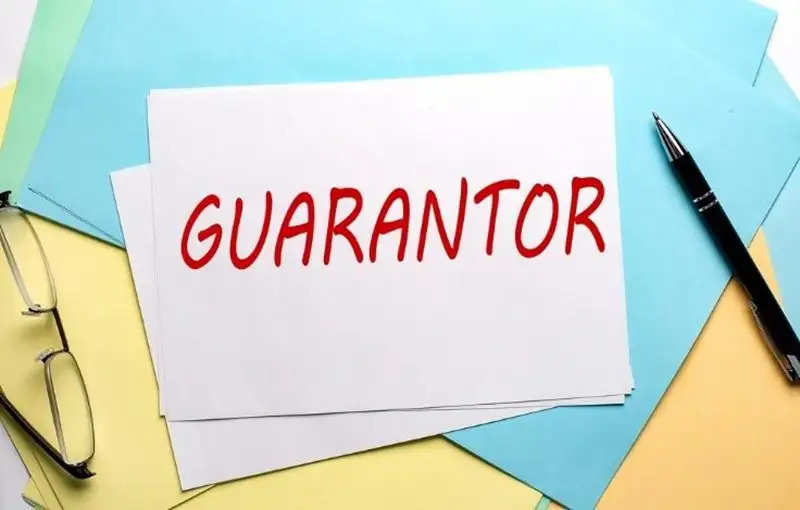Loan Guarantor: If the loan is not repaid, will the guarantor have to pay all the money, know the rules of banks..

If you are going to take a loan then this question must be arising in your mind. Not all people who take loans are able to repay the borrowed money. Some people have compulsion and some people deliberately default. People who default think that even if action is taken, they will see it. Generally, people pay money to banks or non-financial institutions because they fear action. Taking a loan is a compulsion and at times it is also necessary. We build a house by taking a home loan and we buy a car by taking an auto loan. The needs of both are different. Then interest is paid on that loan. Those who do not pay interest and principal amount are declared in default.

Does non-repayment of a loan or being declared a defaulter pose a big problem? It completely depends on the person taking the loan. People who know the rules of loan defaulter and their rights, present their views strongly in front of banks or non-financial institutions. They explain why they are not able to return the money now and that they intend to return the borrowed money in the future. There are two types of problems in case of default. First, the credit score will go negative. If you take a loan and do not repay it, all the information related to your credit is sent to CIBIL. This information is also given to credit rating agencies. This will cause further difficulty in taking a loan. If you have mortgaged any property to take a loan, the bank can capture it. Later it can also be auctioned.
What grace period do you get?
It is not that if the loan is not repaid, action starts immediately. There is some relaxation in this from the banks. First of all, a notice is sent to the borrower in which the amount of loan and interest is mentioned. If the bank feels that the borrower is deliberately not repaying the loan, EMI is not paid on time, or repayment is not made when there is money, then the bank can initiate legal action. If the person taking the loan has a guarantor, the bank contacts him first. There is a guarantor agreement for this. It is written in it that if the person taking the loan defaults in repaying the loan, then the guarantor will have to pay the money.
Banks start their action only if the first repayment is not paid. However, how serious this action can be depends on the dispute or relationship that develops between the bank and the customer. Only when initial efforts fail, do banks initiate legal action. If the person taking the loan dies, meets with an accident, or falls seriously ill, the bank gives an extension in repayment. This moratorium is available to the borrower (in case of an accident or serious illness) and his family. The Reserve Bank clearly says that borrowers have to be given time and banks can never use muscle power.
If the interest exceeds the principal amount
Sometimes a situation arises that due to worsening of financial condition, the borrower is not able to pay the interest on time. Due to this, the interest amount becomes more than the principal amount. In such a situation the borrower becomes unable to repay the loan. Due to the delay in this, banks offer one-time settlements. In this situation, banks put this loan as a non-performing asset or NPA. In this, the person borrowing is declared bankrupt and is considered incapable of repaying the loan.

To avoid this, the bank gives the person a chance to get out of the loan by paying a small amount at one time. In this, it is seen that the banks waive off most of the principal and interest amount and a lump sum amount is offered. This can be taken advantage of but the credit score will be written off and it will be difficult to take any kind of loan in future.
PC Social media
 (1).png)
